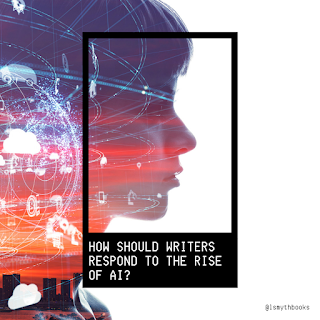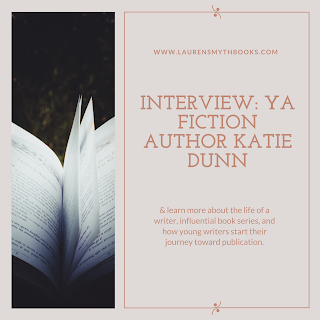Strangest Things
 |
| The literal definition of nonsense. |
"I extra I should be describing when it feels like to go into hiding. to be cont'd."
The above is a real extract from my journal. (Apparently I'm only pretending to be professional when I go out into the real world - this is what I'm like when I think I'm alone.) I have no memory of writing it or what I meant. Since my handwriting was fabulously horrible, I also don't know exactly what I was writing. I have a lot of questions. Was I sleepwalking? Was it dark? Why was my handwriting so messy? Why did I write complete nonsense? Why do I have no memory of writing it?
Taking this as a prompt, I decided to think of a few possible scenarios surrounding the phrase. Scenario #1: I sleep-wrote this phrase and it was referencing something I had dreamed about. Why else would I be talking about 'when it feels like to go into hiding' - whatever that means - when I've obviously never been in hiding? (Or have I? Who knows ...)
Scenario #2: It was really dark while I was writing. That would explain why it's so messy. Maybe it was after midnight and I woke up with a bestselling story idea, grabbed the nearest paper, and scribbled it down assuming I'd remember in the morning. Of course, I did not.
The point is, anything and everything can be made into a writing prompt (even half-insane journal extracts). A bag of lentils can become a writing prompt. Who bagged them? How many people touched them before you? Best of all, how do the lentils feel about being in a bag?
When writer's block strikes, most writers retreat into a black mind-hole and turn to the classic comforter - social media. This applies to all writers who are anything like me. Because of a dark conspiracy, I had to write an application (with multi-paragraph answers) during a season of severe writer's block. I successfully convinced myself that I couldn't do it and managed to turn in my application half an hour after the deadline. Thankfully it was still accepted, and I learned something from the experience. I learned that I needed to develop a foolproof method for dealing with writer's block.
Fictional writing is a bit different from expository writing in that you can literally write about anything you want. Even so, expository writing still needs a source of inspiration to be entertaining. A newspaper article only conveys information unless it's exceptionally well written. In a few rare cases, you'll come across a news article that conveys information but reads like fiction - and those moments are worth waiting for. You've just learned something about the world while really seeing it rather than simply being informed about it. Fictional and expository writing unite in this common goal: bring the events they're describing to life and find some source of inspiration to do so. In other words, use 'truth' or real life events to add color to any story, whether fictional or expository.
The hashtag in my Instagram bio, #WriteRealColors, sums up this idea perfectly. Write colors as opposed to black and white. Write real as opposed to fake and hollow. Write real colors as opposed to artificial and boring. Not only does this make your writing accessible, it also makes it enjoyable to the reader. And once you realize that anything, really anything from the real world can become inspiration, you'll have the *almost foolproof method for beating writer's block.


Well written! I’ve had moments where I’ve thought of ideas and used them as writing prompts if I did recall them. Most times I did, but either never went through with them, or I just took the idea and built off. Like last night I was actually able to connect two scenes in my head together for my current novel. When I woke up, I was able to easily remember it and apply it to the scene.
ReplyDeleteI also try to be real as I write fiction because I want my reader to be able to see the events transpiring before them through the eyes of my main character. I want them to be apart of the story even though the journey was intended for that character. But I do apply realistic personalities to my character to be more authentic and connect the reader to the story.
-Randy